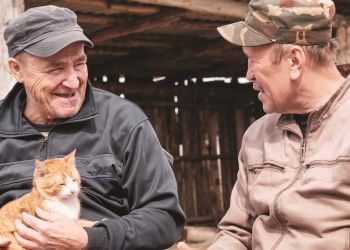To respond and address the STI public health epidemic, OHAIDP in collaboration with other federal partners is leading and coordinating development of a STI Federal Action Plan. The development process for the action plan will seek input from subject matter experts, nonfederal partners and stakeholders including health care providers and systems, state, tribal, and local health departments, community-based and faith-based organizations, national professional organizations, researchers, advocates, and persons whose lives have been affected by these infections. The action plan is expected to address prevention, diagnosis, care and treatment, as well as coordination of efforts, policies, and programs throughout the federal government. It will also address stigma, discrimination, co-infections (e.g., HIV and viral hepatitis), and social determinants of health.
This request for information seeks public input on how the federal government should address the rising rates of STIs and what strategies can be implemented to improve the efficiency, effectiveness, coordination, accountability, and impact of the federal response to STI prevention, care and treatment policies, services and programs. The information received will inform the STI Federal Action Plan.
Topics of interest include but are not limited to the following:
- How should the federal government address the rising rates of STIs?
- What strategies can be implemented by federal agencies to improve the efficiency, effectiveness, coordination, accountability, and impact of our national response to increasing rates of STIs for all priority populations?
- What are the barriers to people getting the quality STI health services they deserve? What strategies can be implemented by federal agencies to overcome these barriers?
- How can federal agencies influence, design and implement STI-related policies, services and programs in innovative and culturally-responsive ways for priority populations?
- How can the federal government help to reduce STI-associated stigma and discrimination?
Electronic responses are strongly preferred and may be addressed to [email protected].
Written responses should be addressed to:
U.S. Department of Health and Human Services,
Attention STI RFI
330 C Street SW, Room L001
Washington, DC 20024





